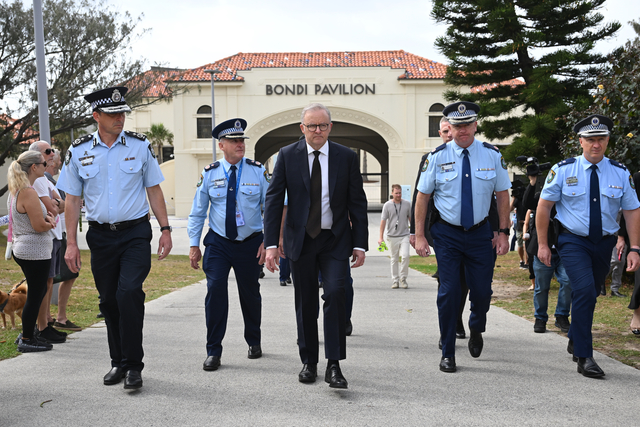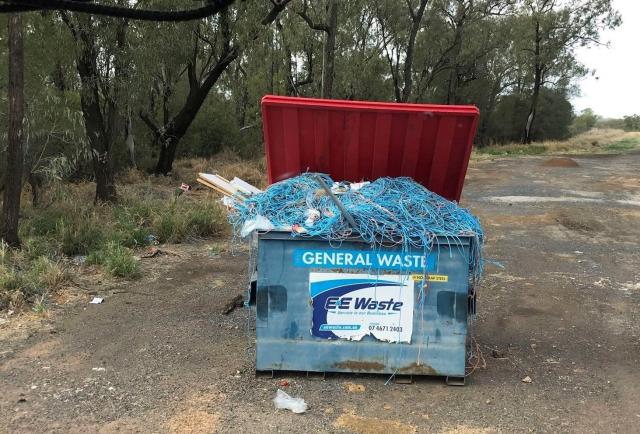By KATH GANNAWAY
Concerned councillors are calling on the government for a change in the law to allow them to reject liquor outlet applications.
Yarra Ranges Council has voted to write to the Planning Minister after councillors were split on the issue of a permit for the sale of packaged liquor at the SupaIGA supermarket in the Olive Tree Shopping Centre.
The decision came after four councillors, Terry Avery, Samantha Dunn, Len Cox and Jason Callanan, argued strongly against an officers’ recommendation at a council meeting on 11 February.
During a passionate debate councillors weighed up their legal ability to refuse the application based on their concerns about the proliferation of liquor outlets, the detrimental effect of alcohol on Yarra Ranges communities and how much council should interfere with free enterprise.
Moving an alternative motion to refuse the permit, Cr Avery said Lilydale was “swimming in alcohol”.
“Enough is enough,” he said, adding that his reasoning for wanting to stop another liquor outlet in Lilydale related not to the applicant, but to the product.
The council report said there were 54 active liquor licences in Lilydale township, the majority for on-premises consumption.
It said there were six packaged liquor licences active within 800 metres of the IGA site.
“My reasoning relates to accessibility. Yarra Ranges and the whole county is swimming in alcohol and with so many dispensing alcohol, it’s time to say enough is enough,” Cr Avery said.
Cr Jim Child argued, however, for free enterprise saying the alternative motion had no substance.
“We’re looking at a licensed premises that has to be in an appropriate situation and this is in commercial one zoning (where) a bottle shop is an as of right and no permit is required,” he said.
“We are not here to control free enterprise and competition, especially in a commercial one zone.
“If there are problems down there in regard to packaged alcohol, and it’s not consumption, then the relative authorities should take action.
“Our role is not to be prohibiting a planning scheme-compliant local business,” he said.
“Whether we have six, eight or 10 bottle shops is not the issue. I think the day will come when they start going broke… that’s free enterprise.”
Cr Cliff support the argument saying welfare and planning were two different issues and that until the State Government brought in rules that allow the council to regulate differently then the council should not simply refuse an application.
“This is free enterprise, he has a right to do it. How dare we,” he said.
Cr Dunn said the council has two legislated roles – health and welfare and land use.
“We have those roles, but we can’t link them under the state legislation,” she said.
She said there was a need to reduce harm from alcohol in Yarra Ranges and that she had real concerns about as of right use in the planning scheme which did not meet the expectations of the community.
“It is a fundamental flaw,” she said.
Cr Andy Whitlox labelled the refusal view as “protectionist”.
He said he didn’t see that an additional liquor outlet would be detrimental to Lilydale and added: “If we refuse and it goes to VCAT, we would obviously loose.”
Cr Callanan, who chairs the council’s Health and Welfare Committee, supported the refusal saying he (as a paramedic) and Cr Avery (as a police officer) probably see the impact and effect of alcohol on communities.
“Although the planning scheme is silent on the social effects of alcohol we do have a responsibility to the community,” he said.
Cr Cox spoke also voted to refuse saying he didn’t believe Lilydale needed another liquor outlet.
“It’s about time this council stood up and said we don’t want it,” he said.
“I don’t care about whether our decision is overturned at VCAT, that’s not a reason to vote one way or another.
“We need to vote as our conscience guides us and my conscience will not allow me to vote for another liquor outlet in Lilydale,” he said.
An addition to the original recommendation, the council will now write to the minister seeking an urgent review of council’s ability to consider and assess an over-supply of liquor outlets in an area.






